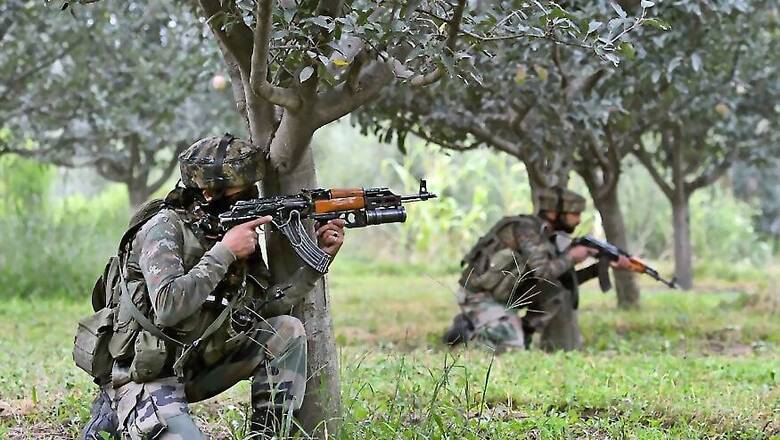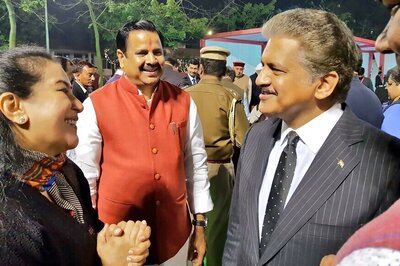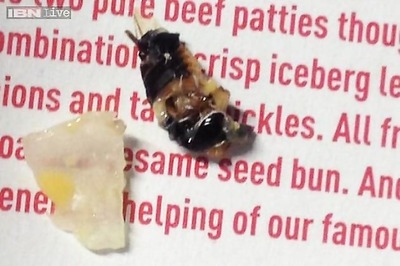
views
New Delhi: Indian Army personnel on Monday crossed the Line of Control (LoC) to enter Pakistan Occupied Kashmir (PoK) and killed three Pakistani troops and injured another. This operation is believed to be in retaliation to the ceasefire violation on Saturday by Pakistan that led to the death of four Indian soldiers. Defence experts are, however, divided on whether ‘tit-for-tat’ attacks can be a sustained military strategy in Jammu and Kashmir.
Can Monday’s response by the Indian Army technically be called a “surgical strike”? Experts don’t think so. Major General (retired) Naresh Badhani, who was part of the planning and execution of the surgical strikes of September 2016, said there were some key differences between last year’s military action and the one undertaken on Monday.
“Technically, if one goes by the dictionary definition, it (Monday’s action) can possibly be classified as a surgical strike. However, saying ‘tit-for-tat’ attack or ‘revenge attack’ would not be appropriate either. The correct way to refer to Monday’s action would be to call it a ‘retaliatory’ attack. They (Pakistan) hit us and killed Indian soldiers, so we hit back. The way our troops were killed shows that it was the work of highly professional Pakistan Army personnel. India wants peace, but will hit back at a time and place of our choosing,” Badhani said.
Elaborating on the differences, he added, “The key difference between the 2016 strike and the attack on Monday, I think, was in planning. The 2016 strike was planned for a long time. In fact, they were planned almost within 48 hours after the Uri attacks. Back then, we had planned to do something in a more organised manner, deeper inside (in PoK) and at multiple places. It had to have the concurrence of the government. Monday’s attack was a common attack that battalions carry out across the LoC in retaliation.”
According to sources, Monday’s strikes were planned and executed by the local unit and a team of no more than 10 Indian troops crossed the LoC to retaliate against Saturday’s attack.
Can such “surgical” or “retaliatory” strikes become a sustained military strategy for India? “This whole conflict has been reduced to a game of kabaddi on the LoC. They kill three of ours, we go kill four and vice versa…The point here is that we cannot have an all-out war with Pakistan because it is a nuclear state and so are we. The only option is to adopt covert warfare in Pakistan and keep out house in order,” said Lt General HS Panag, the former General Officer Commanding in Chief (GOC in C) of Army's Northern Command and Central Command.
Badhani said the strategy only works if “we hurt the Pakistani Army where it hurts the most.”
“Keeping quiet will not work. I’m sure peace can prevail if Pakistan controls terrorism and does not hit us. The reaction of the Indian army shows it does not attack, only retaliates. If Pakistan does not listen, the only response is hit to them hard.”



















Comments
0 comment